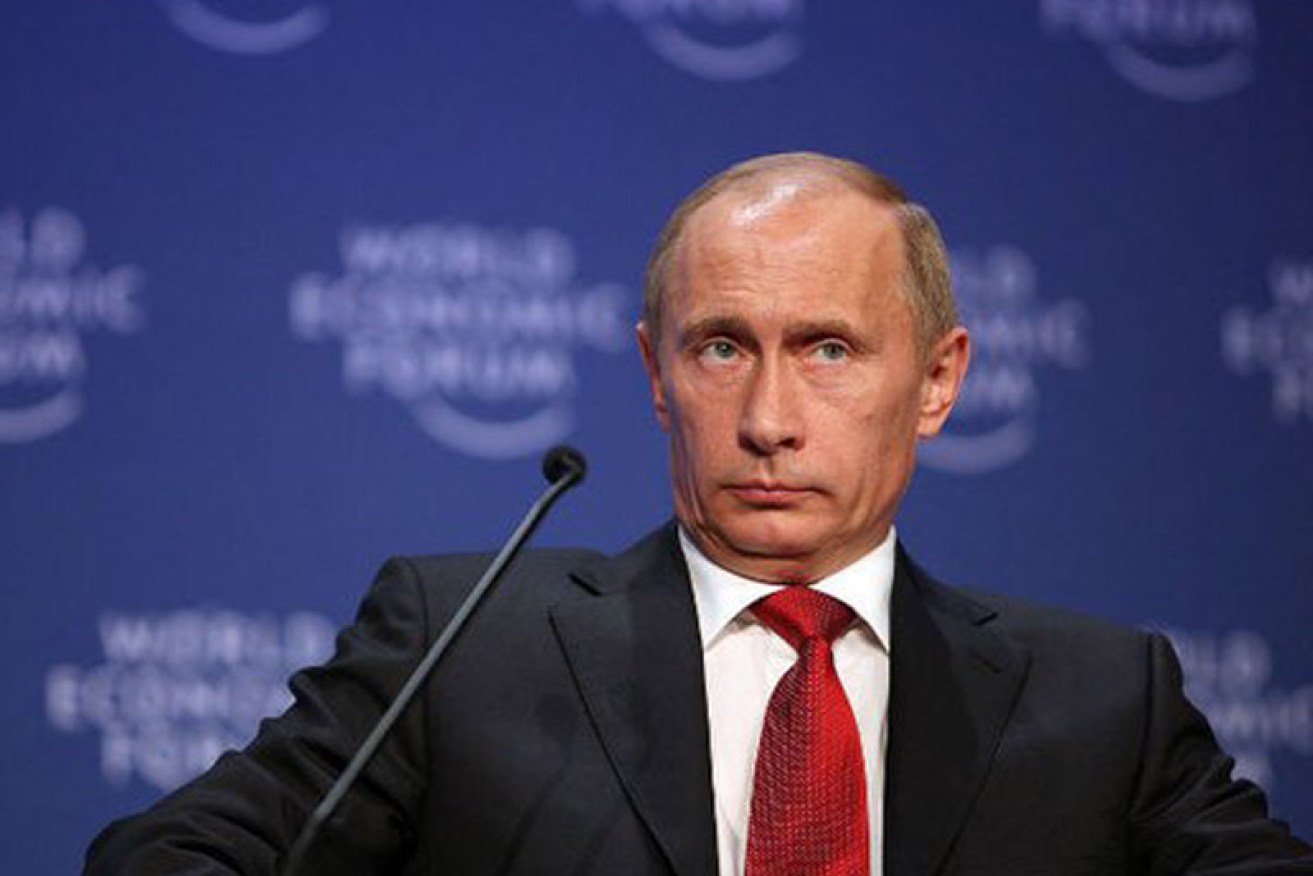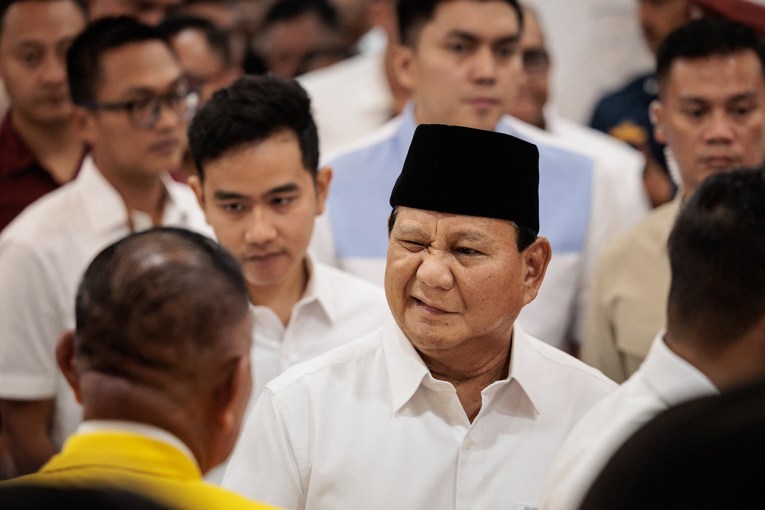Vladimir Putin ‘probably’ ordered murder of ex-spy

Russian President Vladimir Putin “probably approved” a 2006 intelligence operation with the intent to murder ex-KGB agent Alexander Litvinenko with radioactive polonium-210, a British inquiry into the killing has found.
It was revealed in the inquiry that Mr Litvinenko, 43, an outspoken critic of Mr Putin, who fled Russia for Britain six years to the day before he was poisoned, died after drinking green tea laced with the rare and very potent radioactive isotope at London’s Millennium Hotel
Russia declined to co-operate throughout the inquiry and described Britain’s handling of the case as “opaque” and “biased”.
• Putin wants world co-operation on terror
• Putin’s forces accused of war crimes
• Suspected Russian planes kill Syrians
Although Britain accused the Kremlin of uncivilised behaviour, it did not immediately signal it would take any further action.
Mr Litvinenko accused Mr Putin of directly ordering his killing from his deathbed, the ABC reported in August, 2015. The Kremlin had always denied the claim.

Alexander Litvinenko died in 2006. Photo: ABC
The inquiry led by senior British judge Robert Owen found that former KGB bodyguard Andrei Lugovoy and another Russian, Dmitry Kovtun, carried out the killing as part of an operation “probably directed by Russia’s Federal Security Service (FSB)” – the main heir to the Soviet-era KGB.
“The FSB operation to kill Mr Litvinenko was probably approved by Mr Patrushev, then head of the FSB, and also by President Putin,” Judge Owen said.
British Interior Minister Theresa May told parliament on Thursday that the conclusion that the Russian state was probably involved in the murder of Mr Litvinenko was “deeply disturbing”.
“This was a blatant and unacceptable breach of the most fundamental tenets of international law and of civilised behaviour,” Ms May said.
According to the inquiry into Mr Litvinenko’s death, the judge said he was sure Mr Lugovoy and Mr Kovtun had placed the polonium 210 in a teapot at the Millennium Hotel’s Pine Bar on November 1, 2006 when they met Mr Litvinenko for just over 30 minutes.
Mr Litvinenko said before his grizzly death that he had only drunk three or four mouthfuls of the cold green tea made with lemon and honey.
High polonium contamination was found in the teapot and the hotel bar.
During the case, Judge Owen stated a series of reasons why the Russian state would want to kill Mr Litvinenko.
He said the ex-spy was regarded as having betrayed the FSB by accusing it of carrying out 1999 apartment block bombings that killed more than 200 people in Russia and which the Kremlin, launching an offensive to restore control over the southern region of Chechnya, blamed on Chechens.
The inquiry also heard that the FSB had information Mr Litvinenko had started working for Britain’s foreign intelligence agency, MI6.
Mr Litvinenko was close to leading Russian dissidents and opponents of Putin and his administration, whom he had accused of collusion with organised crime, and had made highly personal allegations about the Kremlin chief.








